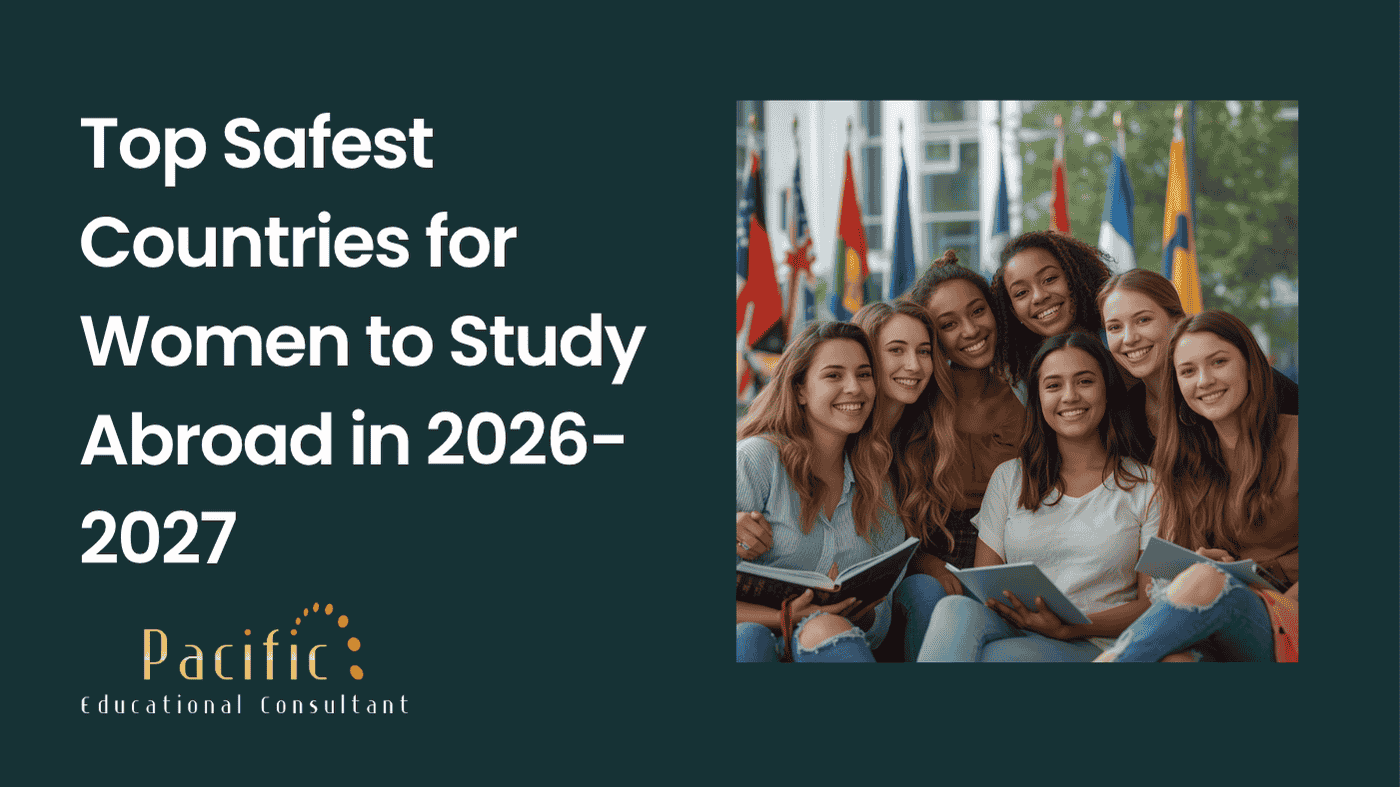


Studying abroad improves English proficiency through immersion, real-world practice, and cultural interaction. Continuous exposure to native speakers accelerates fluency, enhances pronunciation, and strengthens academic and professional communication skills.
Living in an English-speaking environment creates daily language exposure. Learners must listen, speak, read, and write in English across all situations—classes, shops, and social events. This constant engagement builds natural fluency faster than classroom learning.
Key factors enhancing fluency:
Language immersion: Continuous use in real contexts.
Social interaction: Conversations with native speakers refine listening skills.
Academic writing: University assignments develop structured communication.
Cultural adaptation: Understanding idioms and colloquial expressions.
Immersion strengthens cognitive adaptation. The brain processes and retains new vocabulary faster when surrounded by English media, signage, and communication.
Example activities improving immersion:
Watching local news and podcasts daily.
Participating in study groups and debates.
Volunteering or working part-time in English-speaking environments.
According to the British Council, immersion improves active vocabulary retention by 60% compared to non-immersive methods.
Studying abroad enhances all four English language competencies: speaking, listening, reading, and writing.
| Skill | Improvement Area | Example Activity |
| Speaking | Pronunciation & confidence | Public speaking clubs |
| Listening | Comprehension & accent recognition | Watching lectures |
| Reading | Vocabulary expansion | Reading journals |
| Writing | Academic and formal expression | Essay writing workshops |
Each skill complements the others, creating balanced linguistic proficiency.
Culture provides linguistic context. Understanding social norms and humor helps learners grasp language nuances. Exposure to idioms, slang, and tone improves contextual comprehension.
Example: Ordering food, attending cultural events, and participating in group discussions help learners interpret tone, emotion, and intention beyond literal meaning.
Cultural fluency transforms textbook English into natural, adaptive communication.
Yes. English proficiency gained abroad increases employability and academic performance.
Employers value intercultural communication skills.
Universities recognize improved writing and research capabilities.
Global careers require confident English communication.
A 2023 QS report found that 79% of international graduates reported higher confidence in English and better global job prospects after studying abroad.
Follow structured habits to strengthen your language gains:
Join English-speaking clubs or international communities.
Record and review conversations to monitor progress.
Read academic papers to expand formal vocabulary.
Avoid relying on your native language during daily interactions.
Practice active listening through podcasts and lectures.
Consistent effort ensures continuous linguistic growth even after returning home.
The long-term benefits extend beyond fluency. Students gain:
Improved critical thinking and problem-solving skills.
Broader cultural empathy and adaptability.
Stronger English writing, presentation, and negotiation abilities.
These competencies remain valuable throughout life and career progression.
Studying abroad transforms English learners into confident communicators. Real-life immersion ensures not just linguistic accuracy but cultural intelligence — a vital asset in a globalized world.

Top Part-Time Jobs in Dubai for Indian Students

Top Safest Countries for Women to Study Abroad in 2026-2027

MSc Nursing in UK for Indian Students 2026-2027

What is Gap Certificate: Format, Documents, and Application

How Studying Abroad Improves English Skills

Describe a time you made a decision to wait for something - IELTS Cue Card

Describe a person who shows his/her feelings very openly - IELTS Cue Card

Describe an unusual but interesting building you would like to visit - IELTS Cue Card

Describe a time when you received money as a gift - IELTS Cue Card

U.S. DHS Update for F-1 Students 2025 | Big Relief for Study Abroad Aspirants